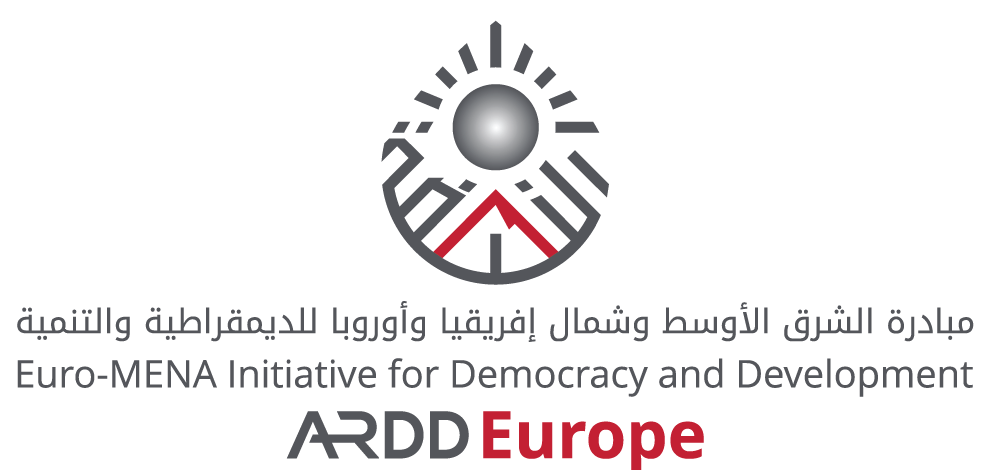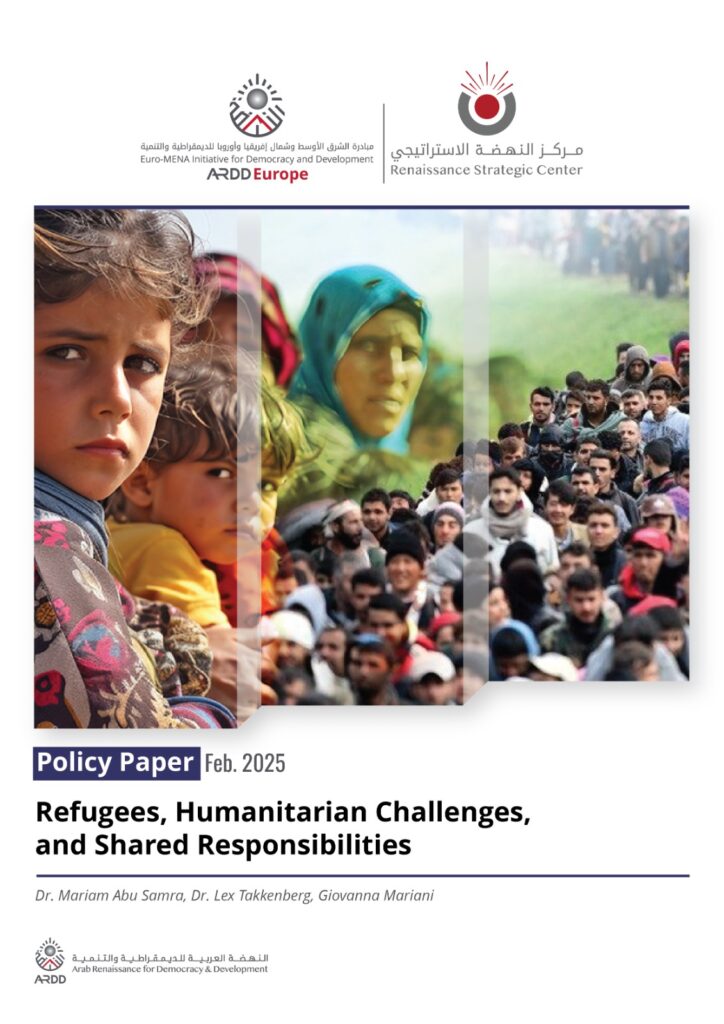The Middle East remains at the center of global displacement crises, which have been driven by protracted conflicts in Palestine, Yemen, Syria, and Sudan. Jordan, Lebanon, Egypt, Turkey, and North African states such as Libya and Tunisia are all facing mounting challenges in accommodating refugees amidst dwindling international support. Meanwhile, many European states continue to externalize border-control procedures, rather than equitably share responsibility in light of their commitments under the 2018 UN Global Compact on Refugees, their obligations under international refugee and human rights law, and the principles contained in the European Convention on Human Rights.
This policy brief examines the key drivers of displacement, the evolving responses of host countries, and the role of international actors, ultimately recommending a recalibrated approach to burden-sharing and refugee protection response.
Introduction
The Middle East has long been the epicenter of protracted displacement, with consecutive conflicts generating mass refugee flows. In recent years, the humanitarian landscape has been further exacerbated by the ongoing Israeli military campaigns in Gaza and West Bank, the persistent threat of forced Palestinian displacement, the long-lasting Syria refugee crises and Syria’s political transition, the Yemen war, and the escalation of displacement (in and out of) from Sudan. Lebanon, Jordan, Egypt, Turkey, and North African countries such as Libya and Tunisia remain key host countries, shouldering an immense burden with diminishing international support. Meanwhile, some European (member states) have increasingly externalized border control while failing to provide adequate financial and structural support to frontline states.

